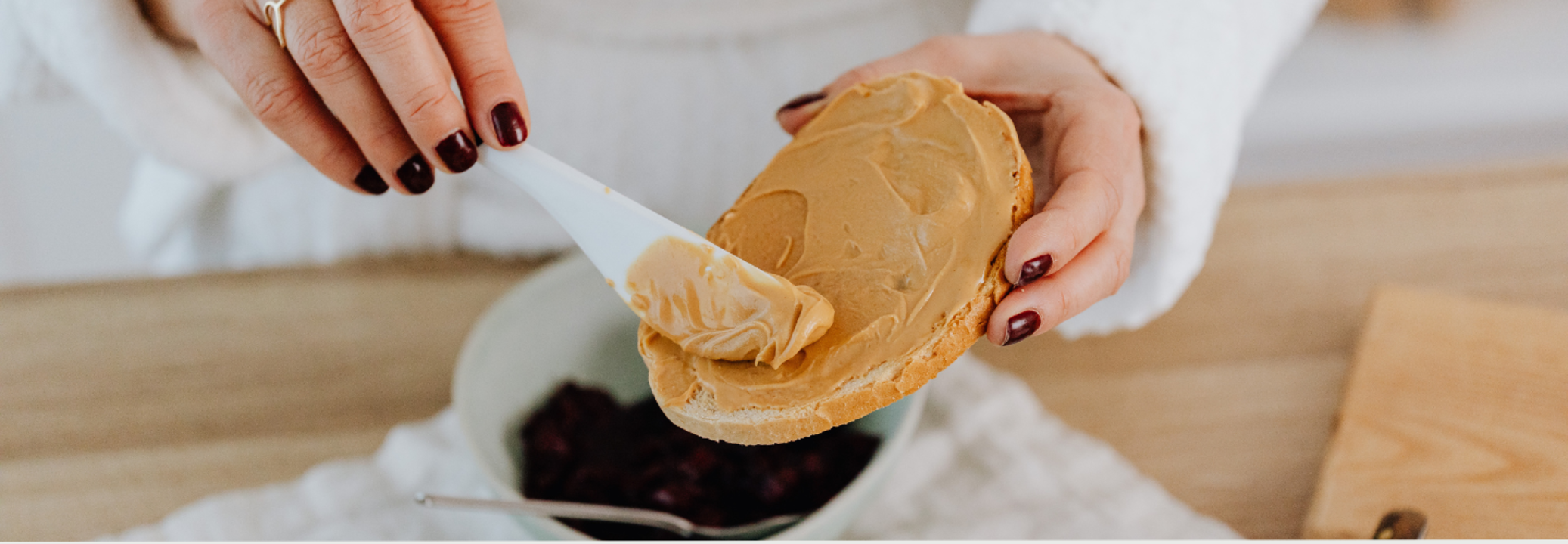Eating Peanut Butter Can Help You Lose Weight, But Not If You’re Making These Mistakes

Image Credits: Canva
SummaryContrary to popular notion, peanut butter can aid weight loss by keeping you full longer, but consuming varieties with added sugar, excessive salt, or overeating straight from the jar can hinder your progress.
End of Article
